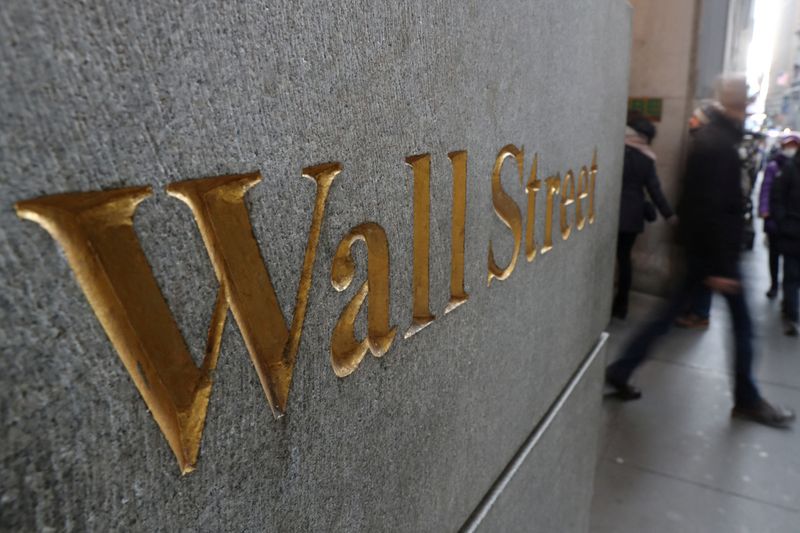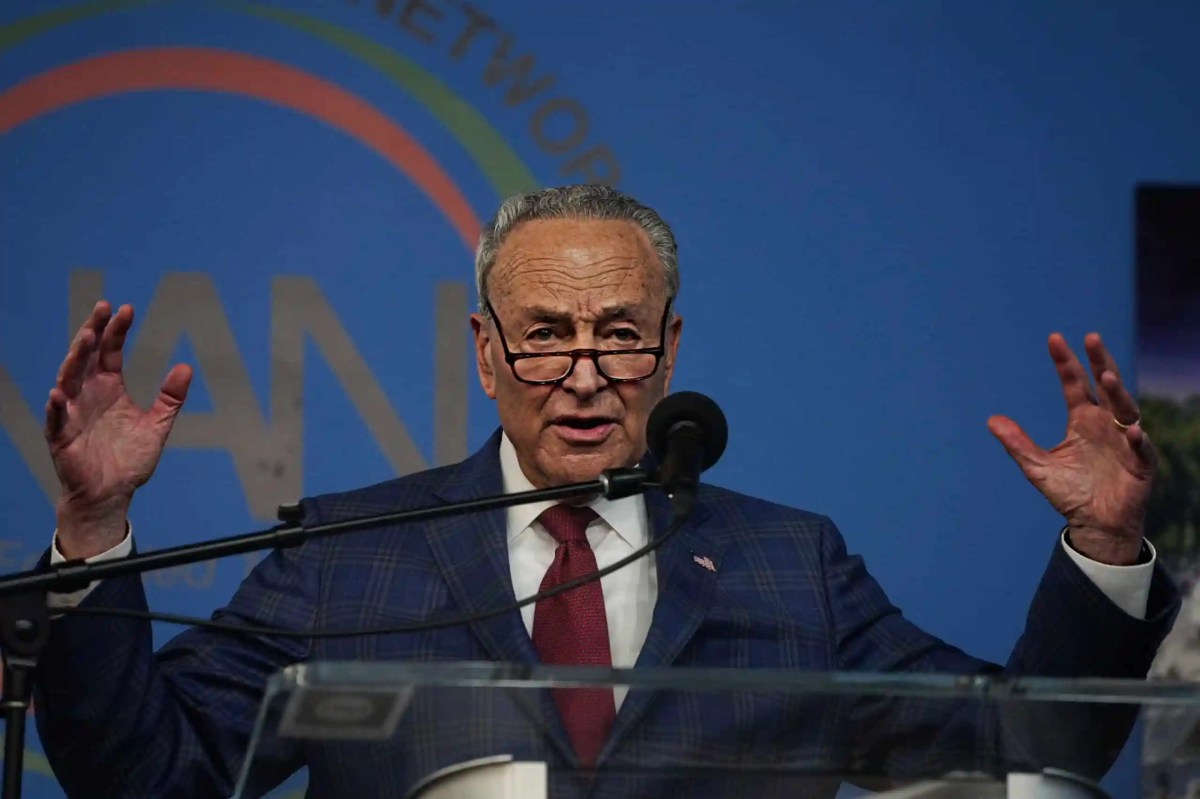(Reuters) -U.S. financial firms have been more proactive than other industries in encouraging employees back to the office, but those plans have come under renewed scrutiny due to the rapid spread of the Omicron coronavirus variant.
Most major U.S. banks have had staff working in offices since the summer, but some are now choosing not to host holiday parties and others are strongly recommending staff to get booster shots.
The following are the pandemic-related rules among Wall Street’s biggest banks and financial firms.
For a FACTBOX on Canadian financial firms, click on
Bank of America Corp
The bank is encouraging employees to work remotely in the first week of January, according to a person familiar with the matter. It will host on-site vaccine booster clinics for its staff across the country.
Since late summer, the bank has also been encouraging employees to get fully vaccinated and more recently to get their booster shots when eligible. It offers onsite clinics in several locations.
Citigroup Inc
Citigroup will begin implementing a ‘no-jab, no-job’ policy starting Jan. 14, a source familiar with the matter said. The bank had said in October it would require U.S. staff to be vaccinated, but has not yet mandated boosters.
Citi is also providing rapid test kits and encouraging testing for employees going into the office, a source said earlier.
Employees have also been asked to work from home during the first few weeks of 2022, a person familiar with the matter told Reuters.
Deutsche Bank
The German lender has made COVID-19 boosters available to staff at its new midtown headquarters in New York City since early November, according to a source familiar with the matter.
Goldman Sachs Group Inc
Goldman Sachs is encouraging its eligible U.S. staff to work from home until Jan. 18, a spokesperson for the bank said.
Its offices will continue to remain open with previously announced COVID-19 safety protocols – a vaccine requirement, booster for all eligible populations effective Feb. 1, bi-weekly testing effective Jan. 10 and mandatory masks.
As infections flared up in August due to the spread of the Delta variant, the Wall Street bank mandated vaccines for all staff and visitors entering its offices in the United States.
Goldman in December postponed its remaining holiday parties in New York due to COVID-19 concerns, a source familiar with the matter said last month.
Jefferies
The investment bank has asked staff to work remotely until Jan. 31, according to a post on Instagram from the investment bank’s chief executive officer, Richard Handler.
The bank requires all workers who want to enter its offices to be vaccinated against COVID-19 and has said it will require boosters by Jan. 31, unless the person concerned is not yet eligible for the additional shot. Jefferies does not perform onsite testing.
The bank has also canceled all but essential travel.
JPMorgan Chase & Co
JPMorgan has offered its staff the option of working from home for the first two weeks of 2022, with a caveat that all employees are expected to return to office no later than Feb. 1, according to a memo seen by Reuters.
The biggest U.S. bank, which has been one of the most aggressive in bringing employees back to the office, mandated face coverings for its U.S. employees in August, saying they would be required to wear masks in public indoor settings and in common areas regardless of vaccination status.
The lender in October said that it would restrict business travel for employees who are unvaccinated or have not disclosed their vaccination status. Such employees are required to get tested twice a week and contribute more of their pay toward medical insurance. It also mandated vaccines for new recruits in client-facing roles.
In December, JPMorgan instructed unvaccinated staff in Manhattan to work from home. It also relaxed mask requirements for vaccinated staff working in its Manhattan offices. And, it told managers that they should evaluate more often “who should revert to working from home.”
Morgan Stanley
Morgan Stanley is asking employees, contractors and visitors to show proof of vaccination before entering its New York headquarters. The bank does not require additional COVID-19 testing for staff or visitors, a spokesperson said.
The bank expects staff who are not required to be in the office to take advantage of the ability to work from home and to spend more time with their families. But it is not sending staff home and does not have a work-from-home policy, a source familiar with the situation said.
Wells Fargo & Co
Last month, the lender delayed its plans for employees to return to the office “given the changing external environment.” It said it would announce new plans for a full return in the new year.
Wells Fargo has said its offices are open to those who have been vaccinated and choose to use them. The bank is providing all employees with four hours of paid leave to get the booster shot, if eligible.
The bank also requires employees to either document that they are fully vaccinated or get tested regularly.
Fidelity Investments
The company said it had paused its voluntary return-to-office plans in New England, citing a rising risk from the COVID-19 pandemic.
American Express Co
The company has decided to delay the launch of its return to office program, “Amex Flex”, in the United States which was scheduled for Jan. 24, extending its hybrid work plans.
BlackRock Inc
The asset manager is providing flexibility through Jan. 28 and allowing U.S. employees to work from wherever they are most comfortable, according to a source familiar with the matter.
Sources: Company statements, memos, sources
(Reporting by Noor Zainab Hussain, Niket Nishant, Manya Saini and Sohini Podder in Bengaluru and Elizabeth Dilts Marshall and David Henry in New York; Editing by Stephen Coates, Shinjini Ganguli, Maju Samuel and Vinay Dwivedi)























